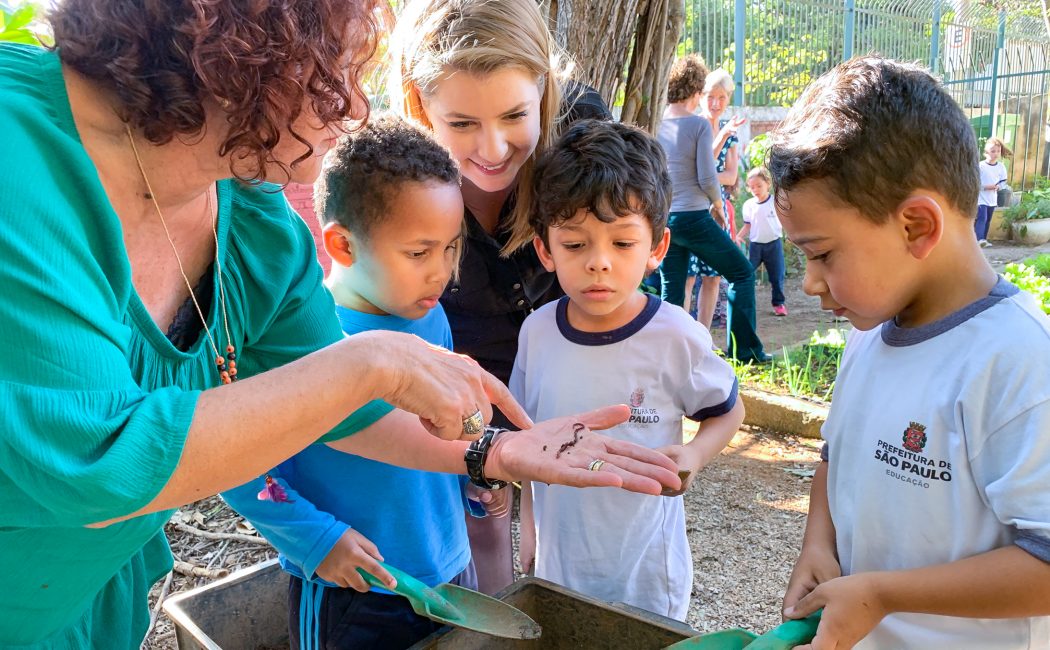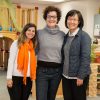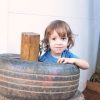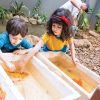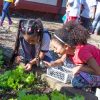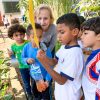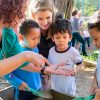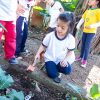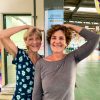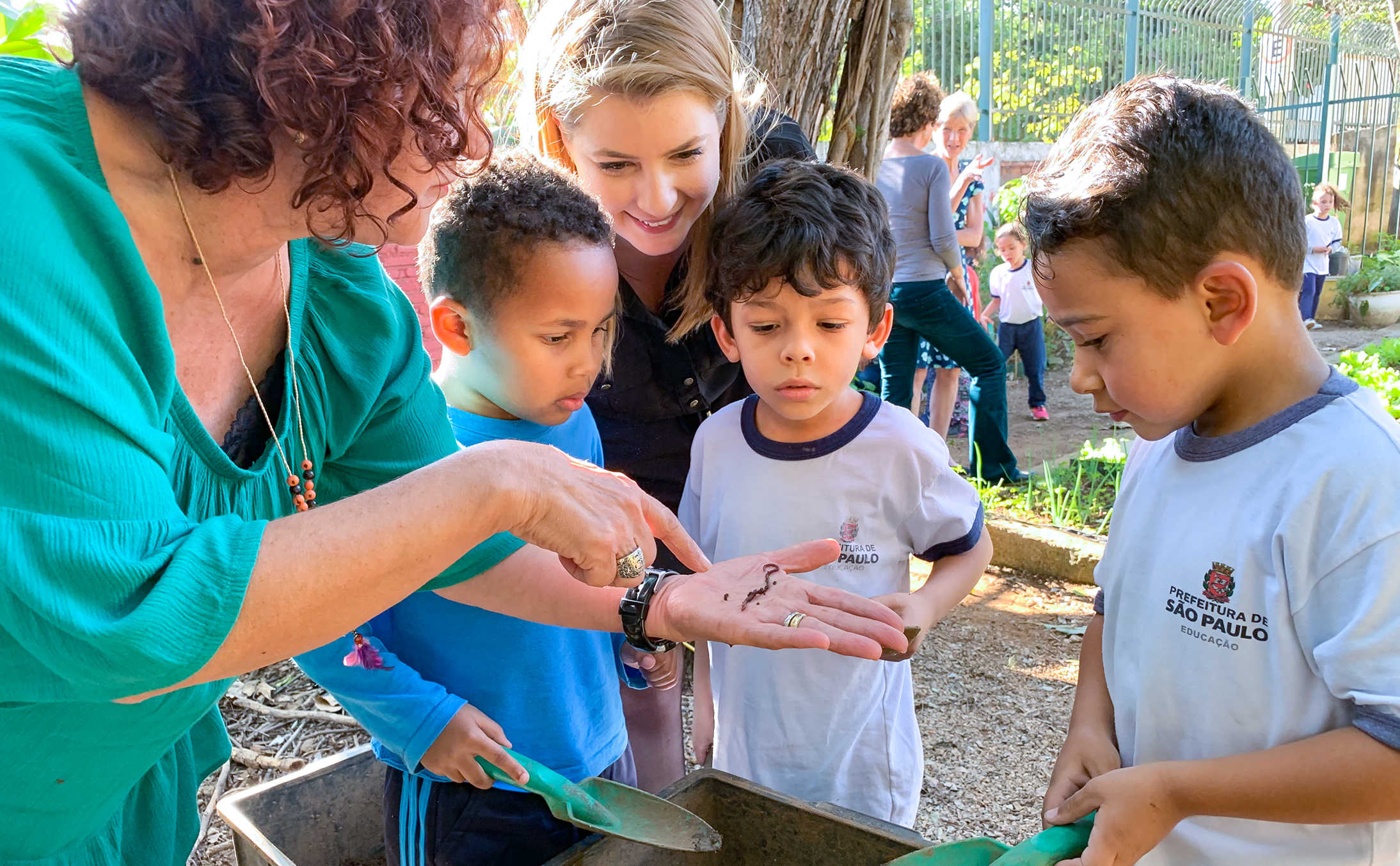
Tucked away from the busy city streets of São Paulo, Brazil, young learners are exploring a colorful garden with spades, magnifying glasses and other tools. They gather around their preschool teacher who is holding a freshly dug worm in her hands. They observe the wriggling creature together. After the excited shrieks subside, the teacher begins to ask them questions.
Their curiosity leads to a conversation — an opportunity to learn about science.
“A powerful way to improve children’s learning is by engaging in science talk and exploration,” said Soo-Young Hong, associate professor of child, youth and family studies. “However, in both the U.S. and Brazil, science concepts aren’t usually integrated in preschool classrooms and many preschool teachers are reluctant to talk about science with young children.”
This has important implications for children’s future learning and development, Hong said.
To help address this challenge, Hong collaborated with Brazilian researchers to conduct a three-year pilot impact study to better understand preschool teachers’ ideas, attitudes and engagement around science in the classroom. This research is part of the ongoing Nebraska–Brazil Early Childhood Partnership.
Hong partnered with Gisela Wajskop, a researcher at the Pontifical Catholic University of São Paulo and director of Escola do Bairro, one of the participating preschools, to implement PreSTAR — Preschool Science Talk in Action and Reflection. The program uses strategies that encourage teachers to reflect deeply on their own science teaching practices and what they notice about children’s interactions with science-related materials in the classroom.
Video observations of classroom interactions and reflection sessions with teachers provided the research team insight on the types of professional development resources teachers need to enhance preschool science teaching and learning in both countries.
Data was collected from eight preschool classrooms — four classrooms in Lincoln, Nebraska, and four classrooms in São Paulo. More than 160 children ages 4 and 5, mostly from low-income families, participated in the study.
Through guided science activities, children were encouraged to use various materials to engage in scientific investigations that involved asking questions, hypothesis-testing, problem-solving and drawing conclusions. The Nebraska preschoolers focused on physical science while their Brazilian counterparts concentrated on life science.
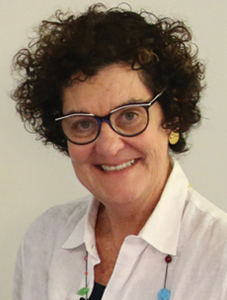
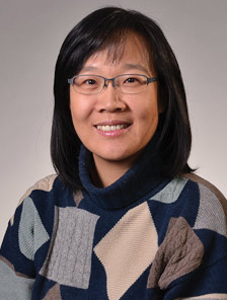
The investigation found that in both countries, teachers’ reflective practice may strengthen confidence in science instruction, Hong said.
Low-level reflection included providing basic descriptions of what teachers noticed in the videos, such as what children were doing with the materials or what teachers were doing with children. Deep reflection involved observing children’s interactions with materials to further provoke children’s scientific thinking and plan for future science opportunities.
Teachers in the U.S. provided significantly deeper levels of reflection as they participated in more reflection sessions; however, their overall reflection level was low. While teachers in Brazil provided lower-level reflection overall, they provided more child-centered reflection as more science-related materials became available to them.
“The focus of reflection appears to impact the level of reflection,” Hong said. “Teachers were more likely to provide deeper reflections when they reflected on their own practices than when they reflected on children’s exploration of the materials. However, the association seems to differ between the two countries.”
Between the U.S. and Brazil, researchers found more similarities in how teachers plan for science activities than differences. How teachers actually initiate and implement science activities seems to differ across cultural contexts. In the U.S., teachers provided more opportunities for children to explore science materials on their own with limited guidance. However, in Brazil, more large-group, teacher-directed interactions were prevalent.
There were also differences in what teachers perceived as “materials” for science education.
“When teachers in Brazil say they lack materials, it might really mean there is a lack of physical materials in the classroom, but also a lack of resources and professional development available to help them,” Hong said. “However, in Lincoln, a lack of materials may mean that the teacher didn’t think about all of the materials already available in the classroom that could be used to talk about science, such as blocks or a water play area.”
Overall, teachers’ attitudes toward teaching science in the classroom were positive, and some improved during their participation in the project. Most believed it was important to include science in the classroom to support learning and development, but they were unsure how to initiate and sustain scientific investigation while providing rich, meaningful learning experiences.
Some teachers noticed fewer challenging behaviors in their classrooms, indicating that engaging science activities may help children stay focused.
To strengthen science teaching and learning in preschool, Hong recommends that preschool programs offer teachers more opportunities to reflect on their science-related observations and interactions and to regularly evaluate their teaching practices.
“Programs should prioritize adding new, open-ended science-related materials to the classroom and provide sufficient time for teachers to closely observe what children do with them.”
Soo-Young Hong, associate professor of child, youth and family studies
“Programs should prioritize adding new, open-ended science-related materials to the classroom and provide sufficient time for teachers to closely observe what children do with them,” Hong said.
Researchers aim to dig further into how contextual factors affect preschool teacher’s science talk and reflection. They also want to understand the impact more reflection sessions may have on teachers’ ability to deeply reflect on their practices, and how that additional reflection time might change their actual practices.
The team plans to create a set of culturally and contextually relevant professional development materials for teachers in both countries that are based on the resources used in the pilot impact study. This work will also include the development of a website for researchers and teachers that will enable sharing journal entries, plans, reflection notes and other information with families and colleagues.
“By working with our partners in Brazil, we can better understand the science learning opportunities provided to young children across cultural contexts, through materials and activities, and how early childhood professionals can intentionally reflect on their own practices to help children grow,” Hong said. “This research has potential to improve teacher training programs and foster children’s science learning early on — which will have far-reaching impacts.”
Photo gallery
Soo-Young Hong is a CYFS research affiliate whose research is part of the Nebraska-Brazil Early Childhood Partnership, jointly funded by the University of Nebraska–Lincoln and the Maria Cecilia Souto Vidigal Foundation. Launched May 2016 in São Paulo, Brazil, the partnership aims to foster international collaboration around priority areas in early childhood that are important in both countries. Learn more at cyfs.unl.edu/brazil.
